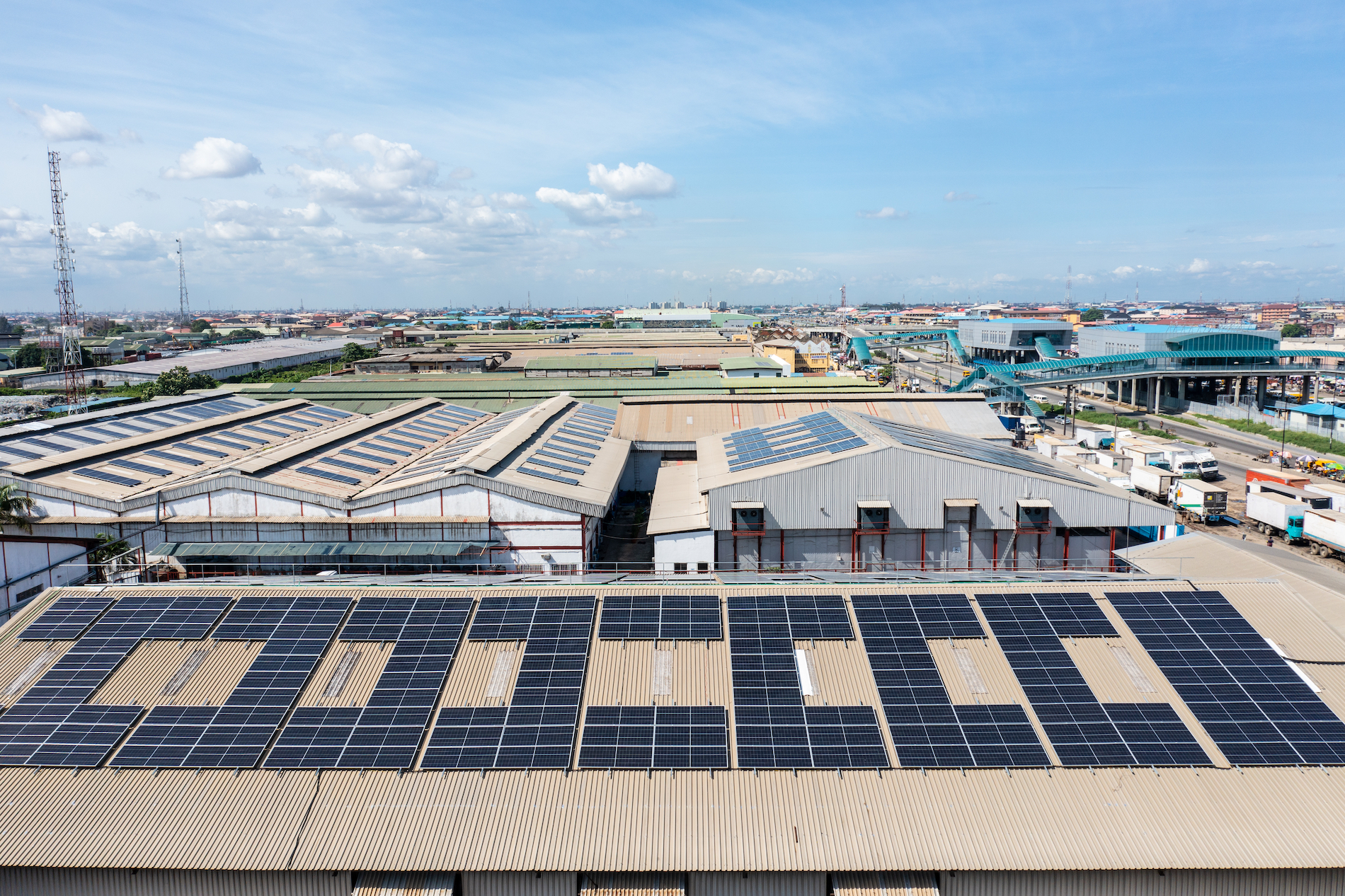With a nearly 300% increase in diesel prices, Nigerian manufacturers and corporations are integrating solar into their energy mix to save millions of naira per month.
Diesel prices have reached an all-time high. Since December, diesel prices have surged 290% from 250 naira to 780 naira per liter. The crucial fuel that powers the Nigerian economy has reached up to 810 naira per liter outside major cities like Lagos and Abuja.
With global diesel markets in turmoil, diesel prices are unlikely to go down anytime soon.
This is a blow to Nigerian businesses which depend on running diesel generators to provide a steady and reliable supply of power. Even before the unprecedented price spike, Nigerian businesses regularly cited diesel as their second or third largest expense. Manufacturers point to diesel as representing 40% of operating costs.
But there’s one-way Nigerian businesses are weathering the storm: solar energy.
By installing solar power plants, Nigerian companies are dramatically cutting their diesel consumption and saving millions of naira each month.

Global diesel supply shocks
Let’s back up a bit: how did we arrive at such a volatile diesel market?
After years of relative price stability, global diesel markets have been thrown into a tailspin.
The severe diesel shortage was in the making before the Russia-Ukraine crisis.
As the global economy started to recover from Covid, the transportation sector - a major diesel consumer - started to revive and led to a surge in diesel prices.
But refineries have struggled to meet surging demand as they cut back supply due to high natural gas prices.
It didn’t help that diesel inventories in Europe and the US have reached historical lows. US stocks plummeted to a 16-year low.
The Russia-Ukraine crisis has only exacerbated the situation.
With limited refining capacity and tightening available supply, the diesel price outlook doesn’t look to improve in the near future.
Hybridized solar energy
Nigerian factories and corporations need to reduce diesel consumption – and fast. All businesses want to keep production lines running so they can make their sales targets. But, some Nigerian companies said they’ll be forced to shut down if they can’t source cheaper power.
But, Nigerian businesses have another option: they can incorporate solar into their energy mix.
In Nigeria, solar energy is most viable as a hybridized power source – it is integrated with other power sources instead of acting as a standalone. Factories run on solar for 10 hours and unless they have installed a lithium battery storage, they switch to a diesel generator or the grid at night.
Contrary to belief, Nigerian businesses don’t need to pay for solar equipment. There are options with no upfront costs where they only pay a tariff per kilowatt hour for electricity consumed while the independent solar energy provider owns, operates, and services the solar installation.
Solar is driving significant cost savings
Solar power has never made more commercial sense given the diesel price spike. Nigerian businesses which installed solar plants at their factories and offices are reaping the benefits by slashing their diesel costs.
This year, Primlaks Group, installed a 600kWp plant at its processing factory where they produce the Sympli brand of frozen yam chips, ripe plantain chops and sweet potato cubes. Solar now provides 30% of its daytime power, and 15% (considering nighttime when there is no sunlight) of its monthly power requirement.
By reducing its diesel consumption, Primlaks is saving 30% of its’ daytime diesel costs, a significant contribution to the bottom line.
Apart from energy cost savings, the environmental impact is equally important to Primlaks. So much so, Sympli has a vision to reduce post-harvest losses while ‘sustainably increasing global food supply.’ Working with Daystar, Primlaks has been able to reduce its carbon footprint by incorporating solar as part of their energy mix.
Daystar estimates the Solar Power system being used by Sympli in their frozen food processing will displace 4,216 metric tons of CO2 throughout its lifetime. The CO2 savings translate to planting over 439 new trees every year.
Realizing how important the environment is to future generations, Primlaks is already working to irradicate diesel in Sympli’s processing by switching to a gas-solar hybrid model by October 2022 with technical and maintenance support from Daystar.
It’s not just large factories that are benefiting from powering their operations with solar. Banks and other commercial institutions are also hedging against price hikes with solar installations.
Our inbound has surged 300%
Diesel prices are unlikely to come down anytime soon.
With solar energy, Nigerian businesses can save millions of naira in diesel bills and avoid disruptions to their production and sales.
Since March 2022, we’ve had a 300% increase in inbound sales requests. More Nigerian businesses are realizing the benefits of solar, starting with massive cost savings.
Are you interested in saving millions of naira to power your business? Get in touch.
